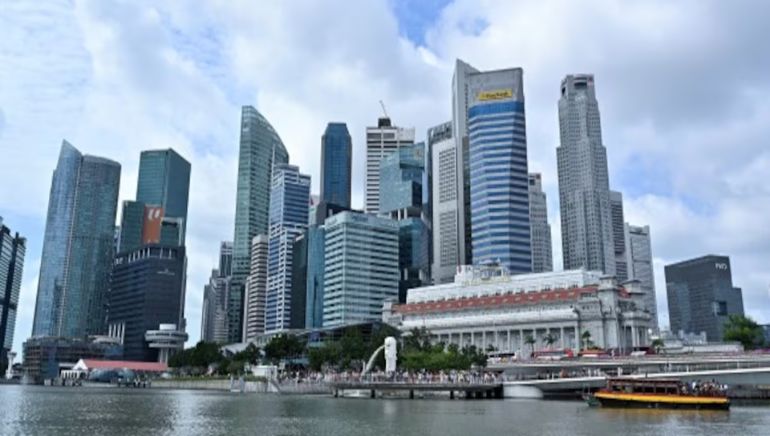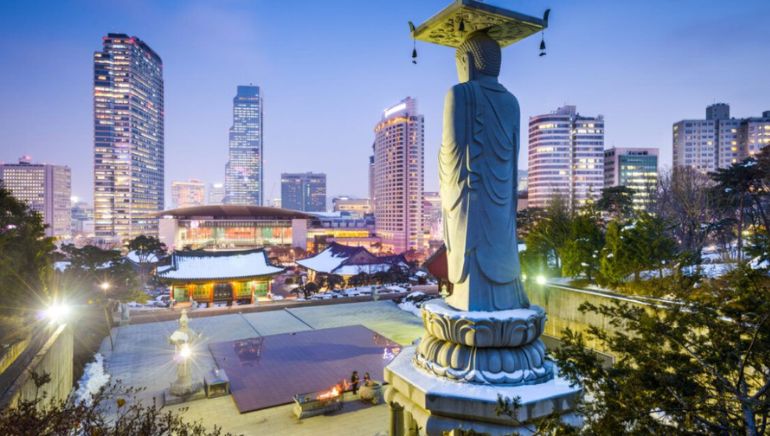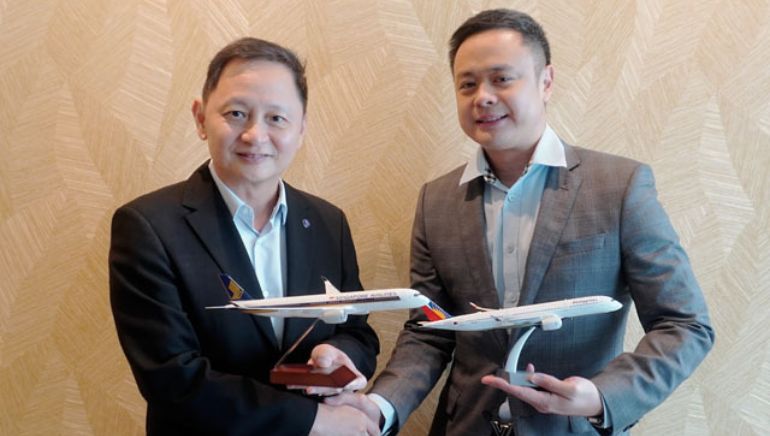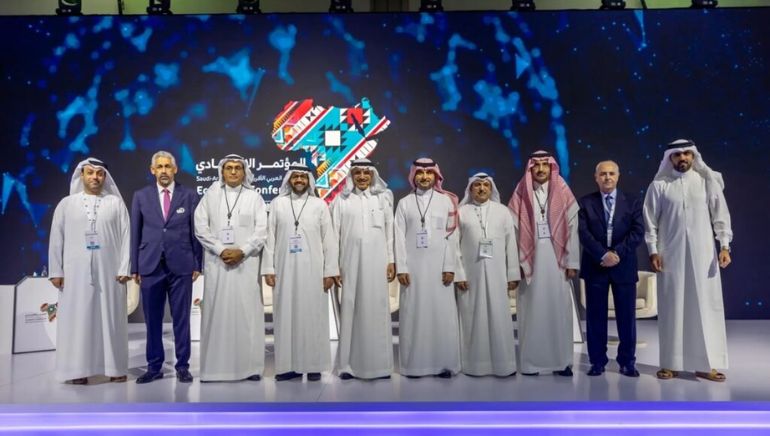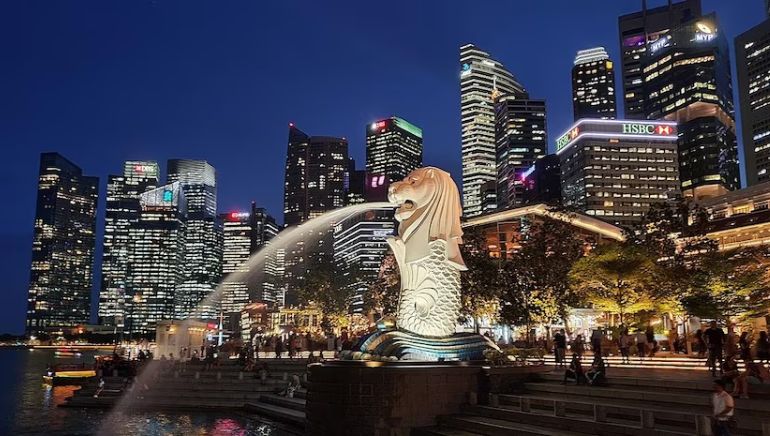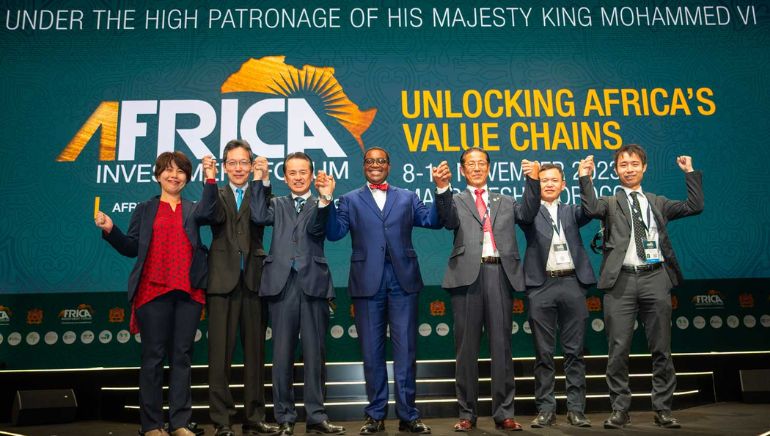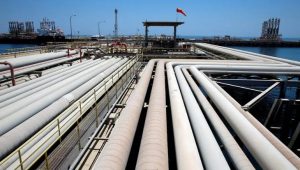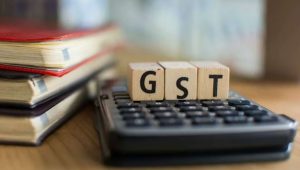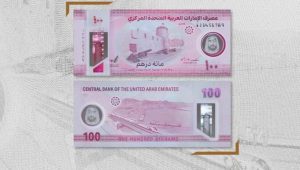Saudi Arabia’s Minister of Energy Prince Abdulaziz bin Salman bin Abdulaziz said that the kingdom has discovered two new natural gas fields in the Empty Quarter region.
Prince Abdulaziz said the discovery of the Al-Hiran natural gas field was confirmed after gas flowed from the Hanifa reservoir at a rate of 30 million standard cubic feet per day, and 1,600 barrels of condensates daily.
“Natural gas was also discovered in five reservoirs in previously discovered fields,” the agency added, citing the minister.
The discovery is set to reshape the landscape of Saudi Arabia’s energy resources, reaffirming the country’s position as a global energy giant. The addition of substantial natural gas fields aids the Kingdom’s efforts to diversify its energy resources, reducing dependence on oil.
The economic implications of these new Saudi natural gas fields are immense. They promise job creation, infrastructure development, and potential export opportunities.







